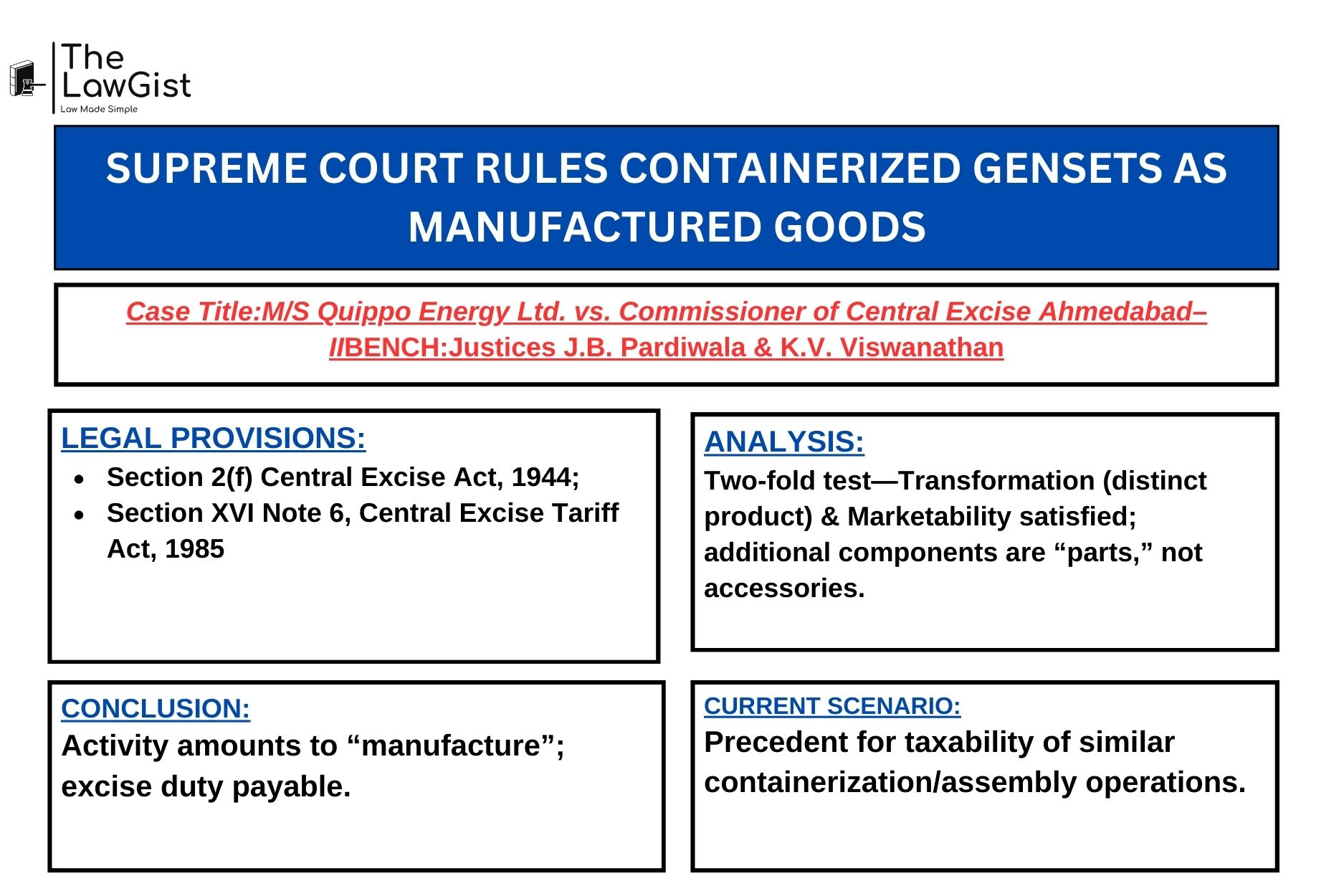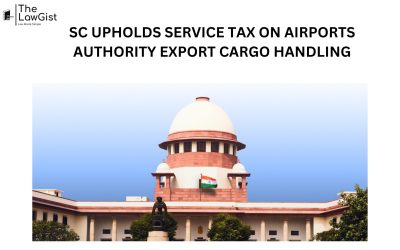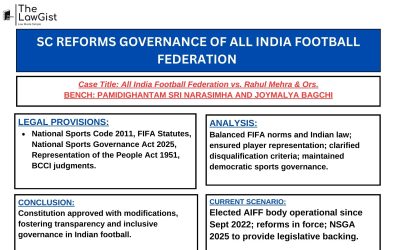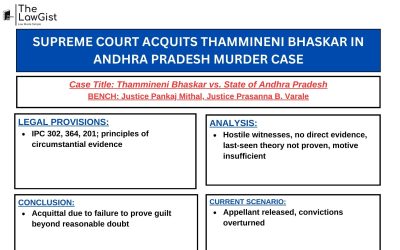
Supreme Court of India delivers verdict on Quippo Energy’s Power Pack excise dispute.
SUPREME COURT RULES CONTAINERIZED GENSETS AS MANUFACTURED GOODS
CASE SUMMARY – The Supreme Court in M/S Quippo Energy Ltd. vs. Commissioner of Central Excise held that M/S Quippo Energy’s process of placing imported gas Gensets in steel containers and adding radiators, ventilation fans, oil tanks, pumps, silencers, and control panels created a distinct product called a “Power Pack.” Applying the transformation and marketability tests under Section 2(f) of the Central Excise Act, 1944, the Court ruled that these added components were integral parts, not mere accessories, and that the final Power Pack was a new marketable commodity. Consequently, the activity qualified as “manufacture,” making Quippo liable for central excise duty. The company’s appeals were dismissed on 19 September 2025.
| ASPECTS | DETAILS |
| Case Title | M/S Quippo Energy Ltd. vs. Commissioner of Central Excise Ahmedabad–II |
| Introduction | The Supreme Court examined whether assembling imported gas generating sets (“Gensets”) inside steel containers with added components amounted to “manufacture” under Section 2(f) of the Central Excise Act, 1944. |
| Factual Background | Quippo imported complete Gensets, placed them in steel containers and attached radiators, ventilation fans, oil tanks, pipes, pumps, silencers, etc., to create portable “Power Packs” for lease. Excise authorities claimed this was “manufacture” and demanded duty. |
| Legal Issues | Does enclosing Gensets in containers with added components to form Power Packs constitute “manufacture” under Section 2(f) of the Central Excise Act, 1944? |
| Applicable Law |
|
| Analysis | The Court applied the two-fold test (transformation and marketability). It found that adding essential parts like radiators and ventilation systems transformed the Genset into a distinct, marketable commodity—the “Power Pack.” |
| Conclusion | The process constitutes “manufacture,” making Quippo liable for excise duty; appeals dismissed. |
| Current Scenario | As of Sept 19 2025, the Supreme Court’s ruling stands, confirming that containerizing and adding integral components to Gensets for portability is taxable manufacturing activity. |
“The process of placing the Genset within the steel container and fitting it with integral components brings into existence a new, distinct, and marketable commodity.”
SOURCE – SUPREME COURT OF INDIA
READ ALSO – SUPREME COURT ACQUITS THAMMINENI BHASKAR IN ANDHRA PRADESH MURDER CASE
Discover powerful Latin Maxims and Legal Glossary and simplify complex legal terms in seconds.The LawGist ensures exam success with quality Blogs and Articles — Top Legal Picks (TLP), Current Affairs, Recent Supreme Court Judgments, and Step into the world of justice with Courtroom Chronicles. Backed by trusted resources and videos, The LawGist is every Professionals and Aspirant’s first choice. Discover more at thelawgist.org.







